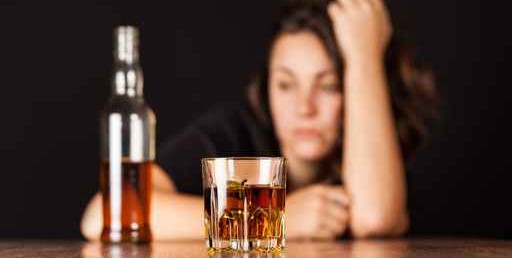 01
01Nov
Drugs, Alcohol, and Work
It comes as no surprise that drinking alcohol and using illegal drugs at work constitutes employee misconduct. Likewise, coming to work under the influence of drugs and alcohol is considered misconduct. But is it misconduct when you come in to work after a long night of partying?
Generally, an employee cannot be discharged for intoxication off the job, unless it can be shown that a claimant’s off-duty intoxication is connected with work. But how can off-duty intoxication affect work? Perhaps an employee comes into work late or calls in sick. It could also cause an employee to be tired, sluggish, and not able to perform the job as well as needed.
However, in these cases, an employee will be discharged under the rules governing absences and tardiness, and inefficiency, and not under a specific rule regarding off-duty intoxication. Under the rules of absences and tardiness, for example, an employee cannot be absent or late for a capricious reason. Absences or tardiness caused by off-duty intoxication or its after effects are usually considered to be for capricious reasons. Additionally, inefficiency caused by the off -duty use of intoxicants may be misconduct, and should be treated the same as any other charge of inefficiency caused by actions within the control of the claimant.
For experienced attorneys who handle unemployment issues, contact Richard L. Klauer and schedule an appointment.
United States Tel: (602) 230-1393 Fax: (602) 230-1273